The Importance of Plumbing Inspections: Ensuring a Leak-Free Future
When it comes to home maintenance, regular plumbing inspections play a pivotal role in preserving the integrity of your property. Whether you’re a new homeowner or a seasoned one, understanding why plumbing inspections are essential can help you avoid costly repairs and inconveniences down the road.
First and foremost, let’s explore the benefits of conducting routine plumbing inspections. These examinations, typically carried out annually, allow homeowners to identify potential issues before they escalate into major problems. During these inspections, a certified plumber thoroughly assesses your plumbing system, from pipes and fixtures to drains and water heaters.
One key advantage of plumbing inspections is that they enable you to detect leaks early on. Leaks, often concealed behind walls or beneath floors, can lead to structural damage and mold growth if left unchecked. With regular inspections, you can nip these issues in the bud, preventing costly and time-consuming repairs.
Additionally, plumbing inspections promote water conservation. A skilled plumber can identify and fix any leaks or inefficient fixtures, ensuring that your water usage is as efficient as possible. This not only reduces your environmental footprint but also saves you money on water bills.
Moreover, plumbing inspections can extend the lifespan of your plumbing system. By addressing minor problems promptly, you can prevent them from escalating into major issues that require complete system overhauls. This proactive approach not only saves you money but also ensures that your plumbing system serves you well for years to come.
Transitioning to the inspection process itself, it’s important to note that this isn’t a DIY endeavor. Certified plumbers have the knowledge, experience, and tools required to perform a comprehensive evaluation of your plumbing system. They use specialized equipment like video cameras to inspect pipes for clogs, corrosion, or damage that might not be visible to the naked eye.
During the inspection, your plumber will meticulously examine each component of your plumbing system. This includes checking for water pressure issues, inspecting fixtures for leaks or signs of wear and tear, and examining drain pipes to ensure they’re functioning correctly. They will also assess your water heater, looking for any signs of rust, sediment buildup, or inefficiencies.
As the inspection progresses, your plumber may recommend necessary repairs or replacements. These recommendations are essential for maintaining the functionality and safety of your plumbing system. Taking immediate action on these suggestions can save you from unexpected emergencies and costly repairs in the future.
In conclusion, plumbing inspections are a vital component of responsible homeownership. They help you detect and address issues early, conserve water, extend the life of your plumbing system, and ultimately save you money in the long run. So, make it a point to schedule regular plumbing inspections with a certified professional. By doing so, you’ll be ensuring a leak-free and worry-free future for your home.
